activism, Benjamin Zephaniah, Culture, environment, literature, Poet, Poetry
2593 Views
Benjamin Zephaniah: Breaking Chains and Shaping Minds
The Profound Impact of Benjamin Zephaniah’s Poetry
Professor Benjamin Zephaniah died in the early hours of Thursday the 7th December. He was diagnosed with a brain tumor just eight weeks earlier and many (myself included) are shocked and saddened by the news. His body of work is expansive and there is so much to talk about, but for today I will concentrate on his poetry.

Table of Contents
Benjamin Zephaniah: A Cultural Force
In the symphony of voices that echo through the corridors of contemporary literature, Benjamin Zephaniah’s resonates with a distinct cadence, a rhythmic heartbeat that pulsates with the vigor of social activism and the soulful melody of personal experience. As we embark on an exploration of this literary luminary’s works, it becomes apparent that Benjamin Zephaniah was not merely a poet but a cultural force whose verses transcend the boundaries of time, weaving a tapestry of societal critique, identity, and unapologetic self-expression.
My introduction to Benjamin Zephaniah’s poetry was an awakening—a revelation that poetry could be a dynamic force, a tool to challenge the norms and question the status quo. It was in the verses of “Dis Policeman Keeps on Kicking Me to Death” that I felt the reverberations of Zephaniah’s unfiltered honesty and the piercing clarity of his observations on racial injustice. The poet’s words became a conduit for my own reflections on the world, a catalyst for understanding the nuances of systemic discrimination, and an inspiration to use the written word as a means of social commentary.
*All Book Images Open a New tab to our Bookshop
**If you buy books linked to our site, we get 10% commission from Bookshop.org, whose fees support independent bookshops.
Jamaican-British heritage
Zephaniah’s Jamaican-British heritage formed the cornerstone of his identity, infusing his poetry with a richness born from the intersection of two distinct cultures. This cultural duality was a wellspring of inspiration, fueling his exploration of the complexities of race, identity, and the immigrant experience. His ability to navigate the terrain of cultural hybridity with grace and authenticity underscored the importance of diverse voices in literature—a reminder that the multiplicity of human experience deserves representation.
The societal landscape that Zephaniah paints with his words is one marred by the stains of racism and systemic oppression. His poem “No Problem” serves as a searing commentary on the pervasive nature of racial profiling and the dehumanizing effects of discriminatory policing. The poet’s personal encounters with police brutality, as recounted in this poem, are not isolated incidents but rather microcosms of a broader issue that continues to afflict marginalized communities.
According to a report by The Guardian, racial disparities persist in policing across the UK, with individuals from Black, Asian, and minority ethnic backgrounds being disproportionately targeted by stop-and-search practices. Zephaniah’s poetry becomes a powerful lens through which we can examine these disparities, prompting us to question the ingrained biases within law enforcement systems and advocate for reforms that ensure justice is blind to the color of one’s skin.
Environmental Activism
Beyond the realm of racial injustice, Zephaniah’s poetry extends its reach into the domain of environmental activism. The poet was a passionate advocate for animal rights, aligning himself with causes that call for compassion towards all living beings. In an era marked by climate change and ecological crises, Zephaniah’s advocacy for animal welfare underscores the interconnectedness of social and environmental justice. The mistreatment of animals is not just an ethical concern but a reflection of our collective responsibility to nurture a harmonious relationship with the natural world.
In a study published in Nature Communications, researchers highlight the impact of industrial animal agriculture on climate change, deforestation, and biodiversity loss. The consumption of animal products has been identified as a significant contributor to greenhouse gas emissions, prompting a growing call for sustainable and plant-based alternatives. Zephaniah’s commitment to animal rights encouraged us to reevaluate our relationship with the environment, fostering a mindset that recognizes the shared responsibility of safeguarding the planet for current and future generations.
The Capacity to Reach Diverse Audiences
One of the most distinctive features of Zephaniah’s poetry is its accessibility—a quality that renders it a powerful tool for education and social awareness. His work has the capacity to reach diverse audiences, transcending the confines of academia to engage with individuals from various walks of life. As an educator myself, I have witnessed the transformative impact of using Zephaniah’s poetry as a teaching tool to facilitate discussions on social justice, race, and identity.
In an era where the importance of diverse voices in education is increasingly recognized, Zephaniah’s poetry serves as a bridge that connects students with the realities of the world. It fosters empathy, encourages critical thinking, and empowers individuals to become agents of positive change. Integrating works like Zephaniah’s into educational curricula is a step towards creating an inclusive and informed citizenry, capable of navigating the complexities of a globalized and interconnected world.
However, the journey toward a more equitable society, as illuminated by Zephaniah‘s poetry, is not without its challenges. Systemic racism, discriminatory policing, and environmental degradation are deeply entrenched issues that demand comprehensive and sustained efforts to address. The power of poetry lies not only in its ability to diagnose societal ailments but in its potential to inspire action and incite change.
Engaging in Difficult Conversations
Addressing racial injustice requires a multifaceted approach that encompasses legislative reforms, community engagement, and a reevaluation of institutional practices. Zephaniah’s poetry can serve as a catalyst for dialogue, encouraging individuals to confront their own biases, engage in difficult conversations, and advocate for policies that promote equality. Initiatives such as community policing, implicit bias training, and increased accountability measures can contribute to dismantling the systemic barriers that perpetuate racial disparities.
On the environmental front, Zephaniah’s commitment to animal rights called for a reexamination of our dietary choices and the environmental impact of industrial agriculture. Promoting sustainable practices, supporting plant-based alternatives, and advocating for policies that incentivize eco-friendly lifestyles can contribute to mitigating the environmental consequences of our actions. Zephaniah’s poetry can play a role in inspiring individuals to adopt conscientious consumption habits and become stewards of the environment.
Benjamin Zephaniah’s Legacy
Benjamin Zephaniah’s poetry is a force that transcends the boundaries of literature, becoming a catalyst for social change and a mirror that reflects the complexities of the human experience. His words resonate with a timeless urgency, challenging us to confront the uncomfortable truths that persist in our society. As we navigate the intricate web of racial injustice and environmental degradation, Zephaniah’s poetry provides not only a critique of the status quo but a roadmap for a more just and compassionate future.
In embracing the lessons woven into the fabric of Zephaniah’s verses, we find an invitation to engage in meaningful conversations, cultivate empathy, and actively participate in the ongoing struggle for a better world. The poet’s legacy extends beyond the confines of his written works; it is a call to action, urging us to break the chains of indifference and shape a future where justice, equality, and environmental stewardship reign supreme. Benjamin Zephaniah’s poetry is not merely an artistic expression; it is a beacon guiding us toward a brighter, more inclusive tomorrow.


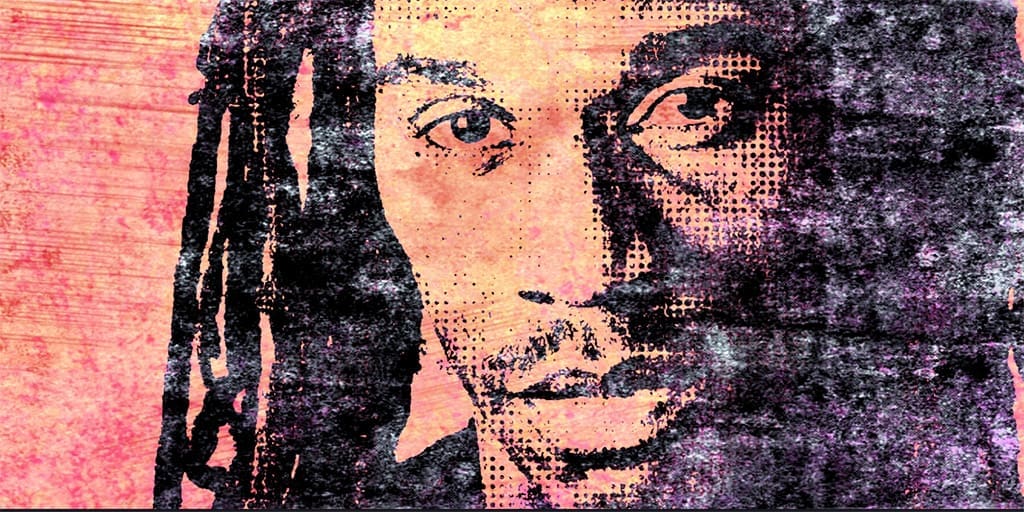




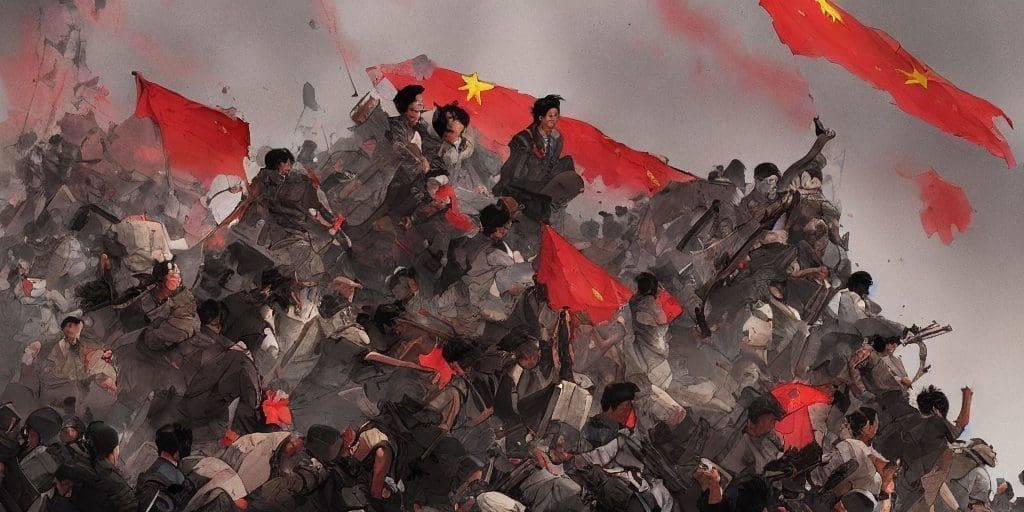


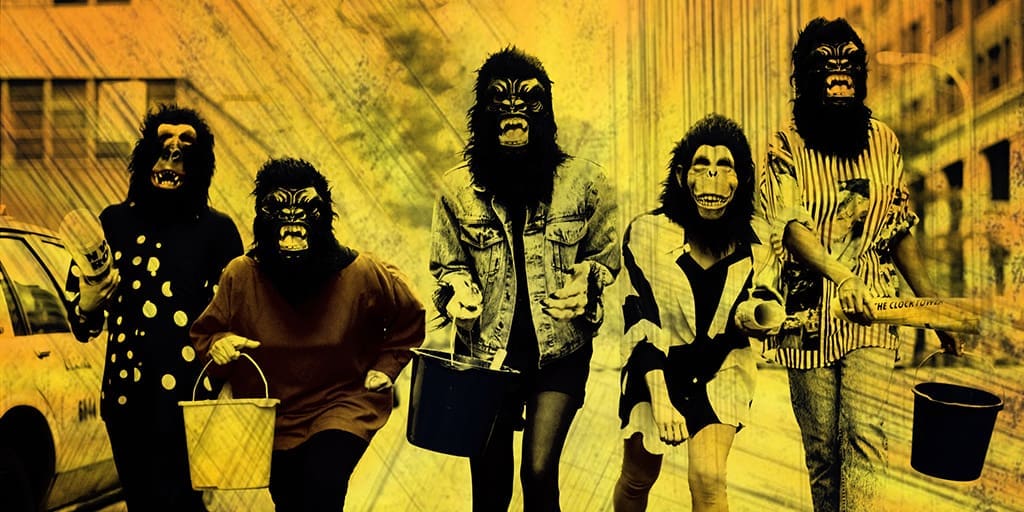
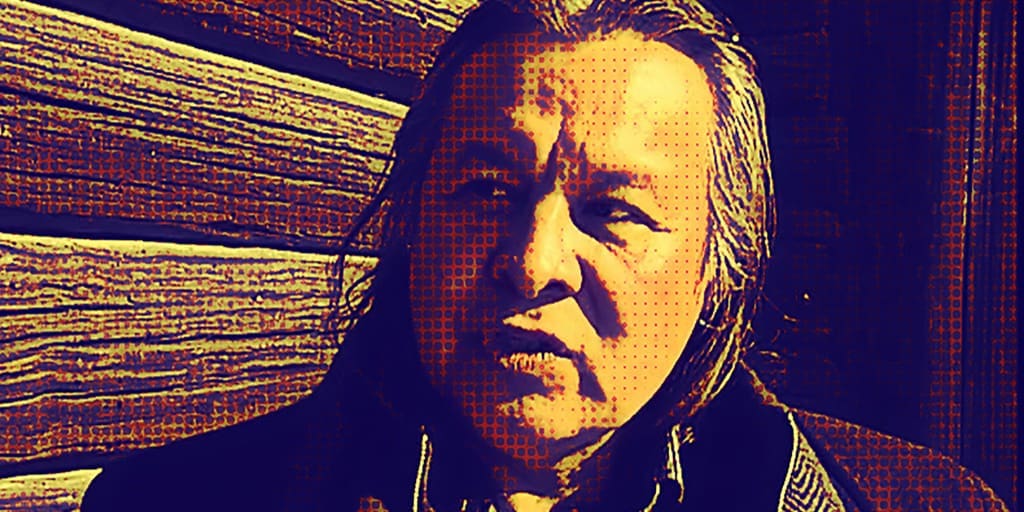



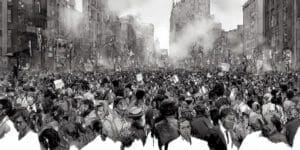


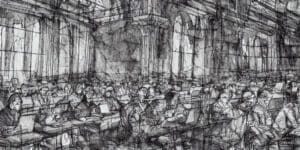
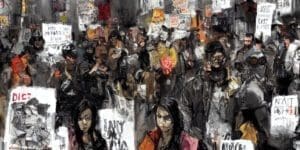




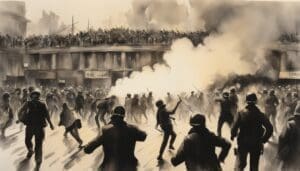



















Leave a Comment